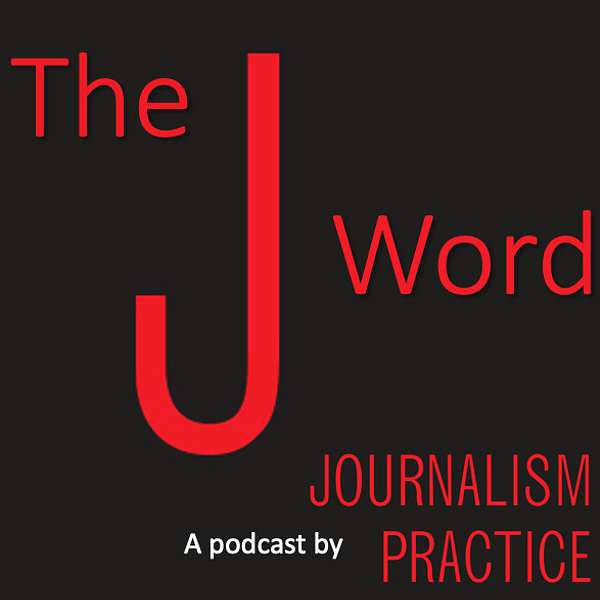
The J Word: A Podcast by Journalism Practice
The J Word: A Podcast by Journalism Practice
The J Word 4.01: "Reading" Journalistic Power
This is the first of two bonus episodes in Season 4 of The J Word. Because practice and scholarship, global communication, and inclusivity are central to what the podcast is about, we decided to help support an award for early career scholars as part of the annual Social Justice + Media Symposium (https://www.sjmsymposium.org) that is done each year in memory of Dr. Moses Shumow. This episode features two of the award’s honorable mentions.
Mimi Perreault is an Assistant Professor in media and journalism at East Tennessee State University, in the U.S. On this episode, she discusses the methodological and philosophical means by which she holds journalists to their own words through their metajournalistic discourse that fulfills a large sector of the spirit of this award to recognize the role of language to either oppress or to support communities.
And, Pablo Martínez-Zárate at La Universidad Iberoamericana Mexico, in Mexico, discusses a type of manifesto he’s created to articulate layers of meanings of archives and images, histories and meanings of montage, from theatre to film to architecture. This is also important to journalism and the types of layered ways in which reporting and its artifacts are built, dissected, and reapplied throughout popular meanings.
Resources Discussed in this Episode
Produced and hosted by Robert (Ted) Gutsche, Jr.
Give feedback to the podcast on Twitter @JournPractice or email jwordpodcast@gmail.com
